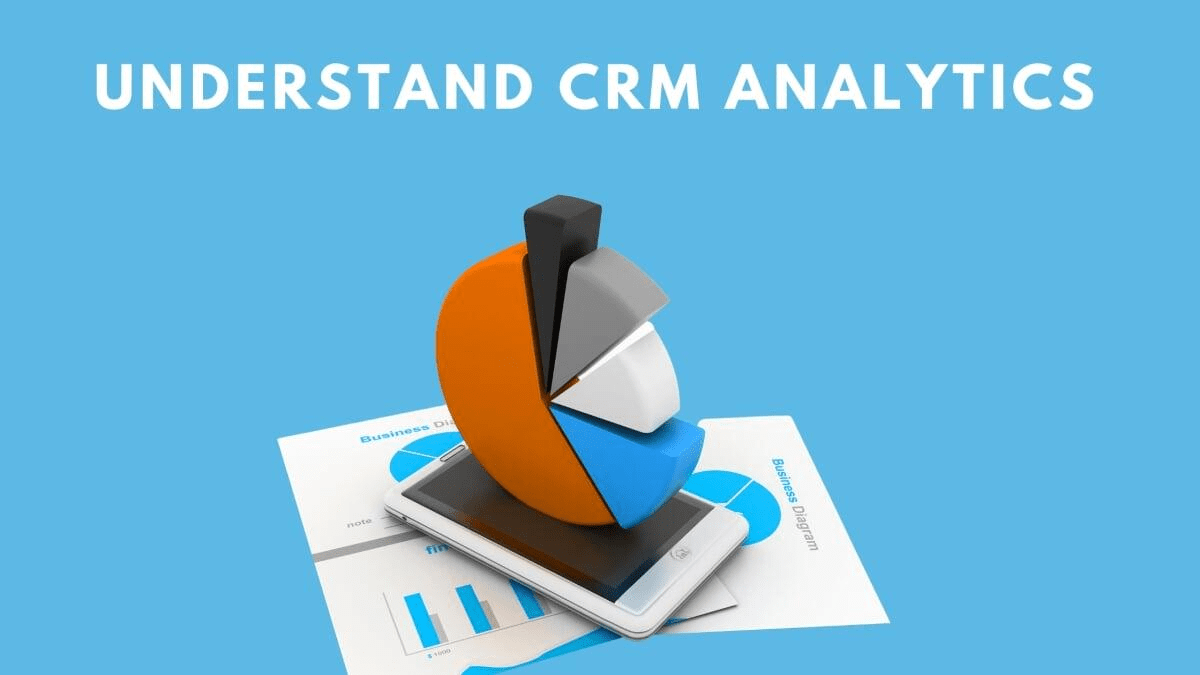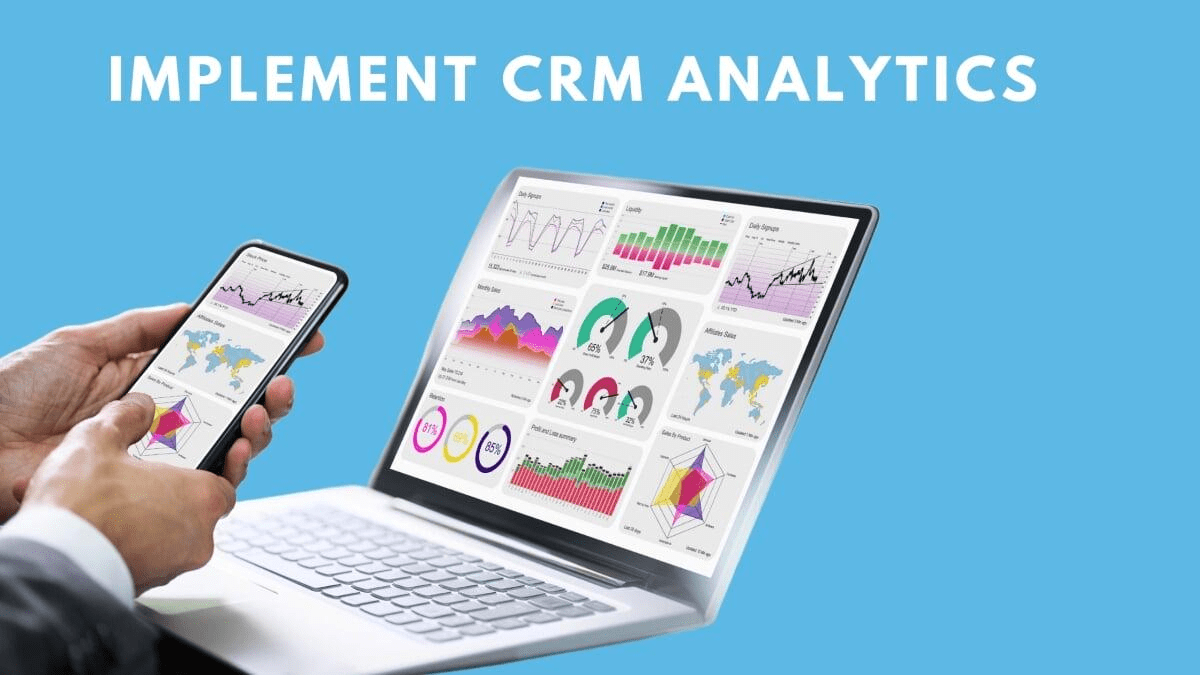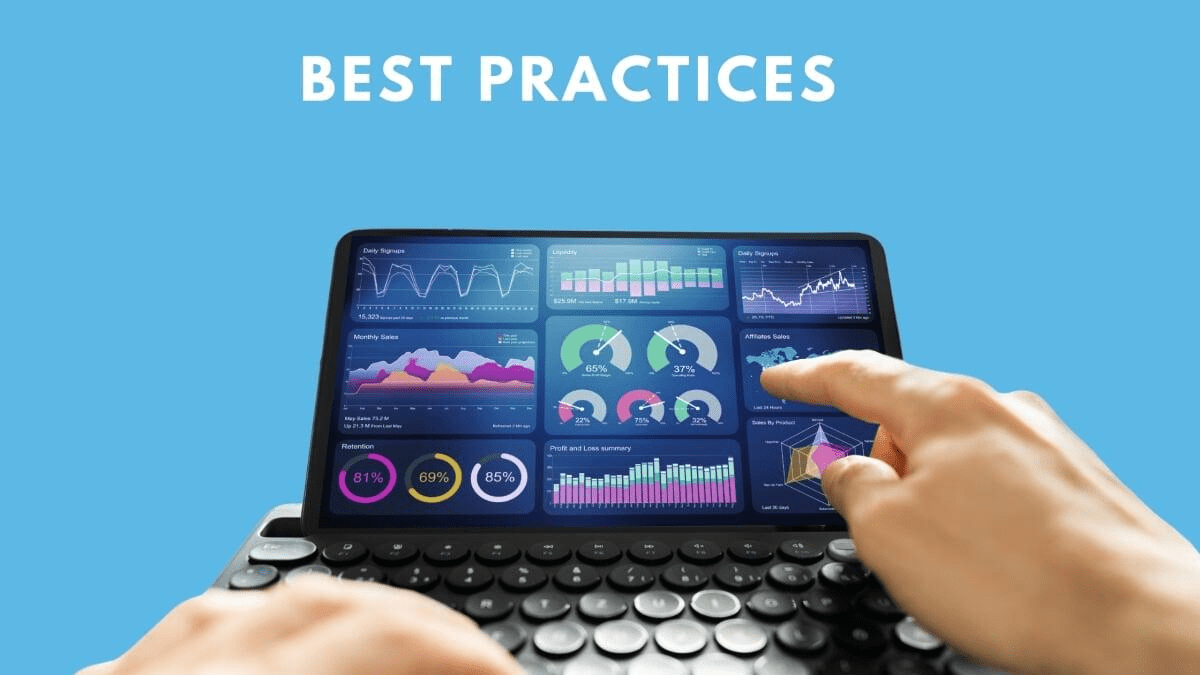Let's dive into some more challenges that businesses often encounter when trying to make the most of CRM analytics:
1. Data quality: Sometimes, the data in the CRM system resembles a messy room with stuff scattered everywhere. It's like sorting through a jumble of items, and this can lead to incorrect insights and unreliable information, which can be a real headache for businesses trying to make informed decisions and understand their customers better.
2. Data silos: Picture different departments in a company not talking to each other or sharing information. It's like everyone is on their isolated island, disconnected from the rest, and this makes it tough to understand the big picture of a customer's journey with the company. Breaking down these data silos is akin to creating bridges between these islands, allowing data to flow seamlessly between departments, and giving businesses a complete and unified view of customer interactions across the organisation.
3. Lack of skills: Imagine having a fancy gadget with numerous functions, but not knowing how to use it properly. Many businesses face the challenge of not having enough skilled people to handle the complexities of CRM analytics. It's like having a powerful tool at your disposal, but not having the expertise to fully leverage its potential. Investing in training and development for employees can equip them with the necessary skills and knowledge to effectively handle analytics, making them proficient in utilising its capabilities to achieve the company's objectives.
4. Culture: For CRM and analytics to work wonders, businesses need a culture where everyone values and embraces data-driven decision-making. It's like everyone speaking the same language and understanding the importance of data in guiding their actions and strategies. Fostering such a culture means encouraging employees at all levels to use data as a guiding compass for making informed decisions and collaborating to improve overall organisational performance.
To overcome these challenges and unlock the full potential of CRM analytics, businesses can take these steps:
Clean and unify data
Think of it as tidying up a messy room and organising everything properly. By investing in data cleaning and unification processes, businesses can have accurate and consistent data to work with, ensuring the information they base their decisions on is reliable and trustworthy.
Break down data silos
Imagine creating bridges between those isolated islands, so data flows seamlessly between departments, allowing for a comprehensive understanding of customer interactions and behaviour. Integrating CRM data with other data sources throughout the organisation empowers businesses to gain deeper insights into customer preferences, needs, and sentiments.
Build skills
Just like learning to use a new tool, businesses should invest in training their team to effectively handle analytics. By nurturing and enhancing employees' skills, businesses can ensure they have the expertise to interpret and utilise data effectively, unleashing the full power of the technology to drive better decision-making and business outcomes.
Create a data-driven culture
Encouraging everyone in the organisation to use data for decision-making is like making sure everyone is on the same page. When everyone values data, the company can thrive in a collaborative environment where data insights are at the core of strategic planning and operational execution.
Here are some more helpful tips for businesses to succeed with CRM analytics:
Start small: It's like learning to ride a bike; you start with training wheels before going full speed. Similarly, beginning with a few key metrics and gradually expanding as you gain confidence allows businesses to be more focused and agile in their data-driven efforts, increasing the likelihood of success.
1. Get buy-in from stakeholders: To succeed, you need the support of everyone involved. When everyone is on board, you can secure the resources, funding, and encouragement needed to excel in your CRM initiatives.
2. Use a variety of tools: Just like a toolbox, there are different CRM analytics tools available. Pick the ones that best suit your needs and budget, and don't be afraid to explore new options that may enhance your data analysis capabilities.
3. Be patient: It's like planting a seed and watching it grow into a tree. Generating valuable insights takes time and consistent effort. So, businesses need to remain patient, persistent and focused on their entrepreneur journey, knowing that meaningful results will eventually surface and bring long-lasting benefits.
By following these tips and overcoming the challenges, businesses can harness the true potential of CRM analytics to improve customer relationships, increase sales, reduce costs, and achieve overall business success. It's like unlocking a treasure of insights that can change how businesses operate and thrive in a highly competitive market. So, don't hesitate to embrace analytics and watch your business soar to new heights!














